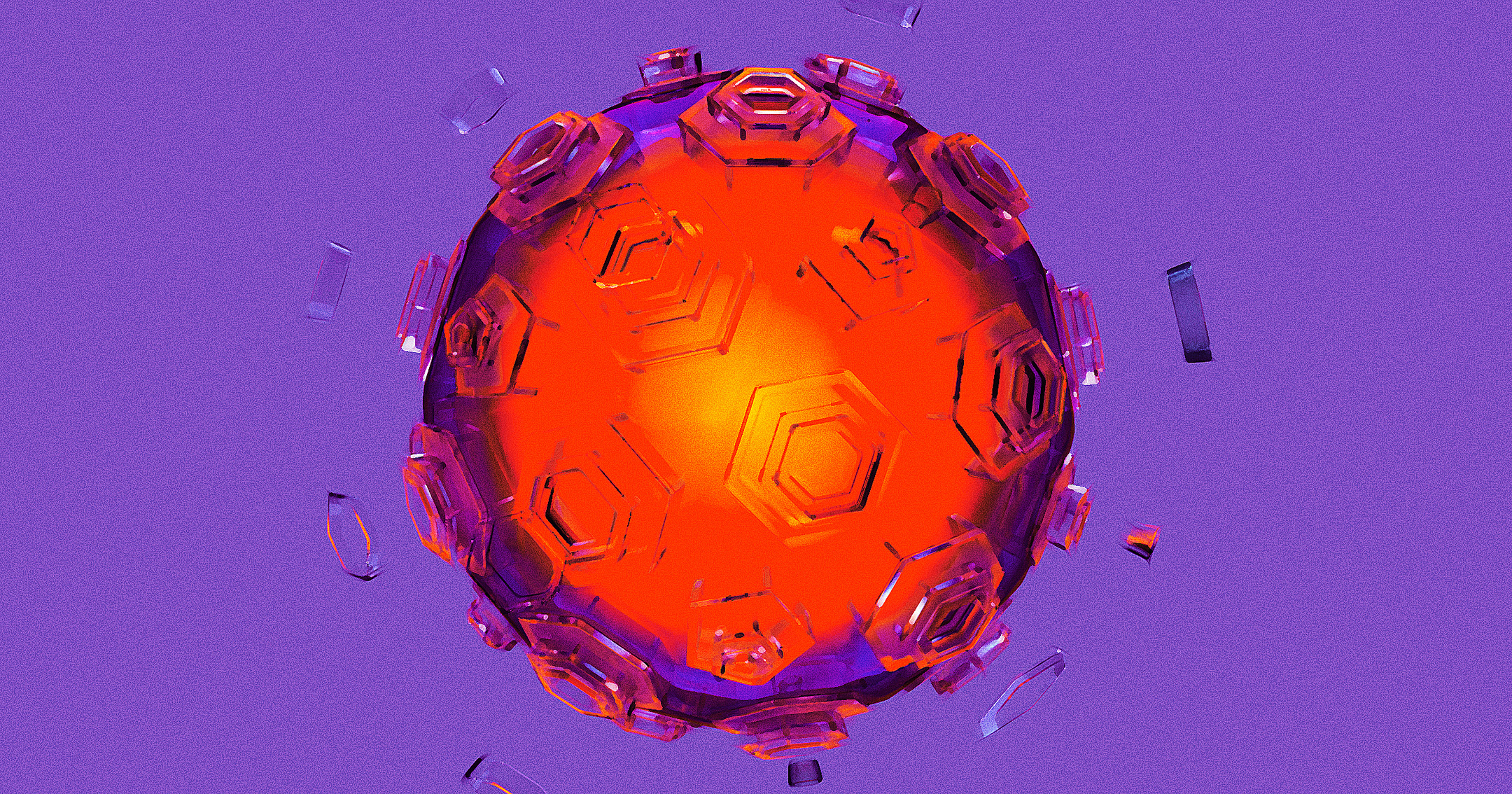
"Think of them like pesky little genomic robots that hijack our biology to replicate, since they don't generate their own energy and can't reproduce on their own. They aren't made of cells, and are driven by a ruthless set of programmed instructions to multiply at all costs. Since their genomes are pretty simple, they're easier to tinker with and less ambitious for a human or machine to recreate. Remember: a genome is the DNA in an organism, not just a few strands."
"A team of researchers from Stanford University and the Arc Institute in Palo Alto, California say they've created viruses with AI-designed DNA that can target and kill specific bacteria. And these aren't just simulated possibilities - they're real and already slaying germs in the lab. The work, published in a new study awaiting peer-review, is a compelling testament to the usefulness of large language models in bioengineering applications, the authors say."
"The work, published in a new study awaiting peer-review, is a compelling testament to the usefulness of large language models in bioengineering applications, the authors say. "This is the first time AI systems are able to write coherent genome-scale sequences," senior author Brian Hie, a Stanford computational biologist, told Nature. "The next step is AI-generated life." Coauthor Samuel King, however, cautioned that a "lot of experimental advances need to occur in order to design an entire living organism.""
Researchers used an AI model named Evo, trained on millions of bacteriophage genomes, to design virus genomes that target and kill specific bacteria in laboratory tests. The team started from phage phiX174, a well-studied virus with roughly 5,400 base pairs and 11 genes, and produced multiple AI-generated variants. Laboratory validation showed real-world bactericidal activity rather than mere simulation. Viruses act as genomic entities that hijack host biology and have relatively simple genomes, making them more tractable for design. Significant experimental advances remain necessary before designing entire living organisms.
Read at Futurism
Unable to calculate read time
Collection
[
|
...
]